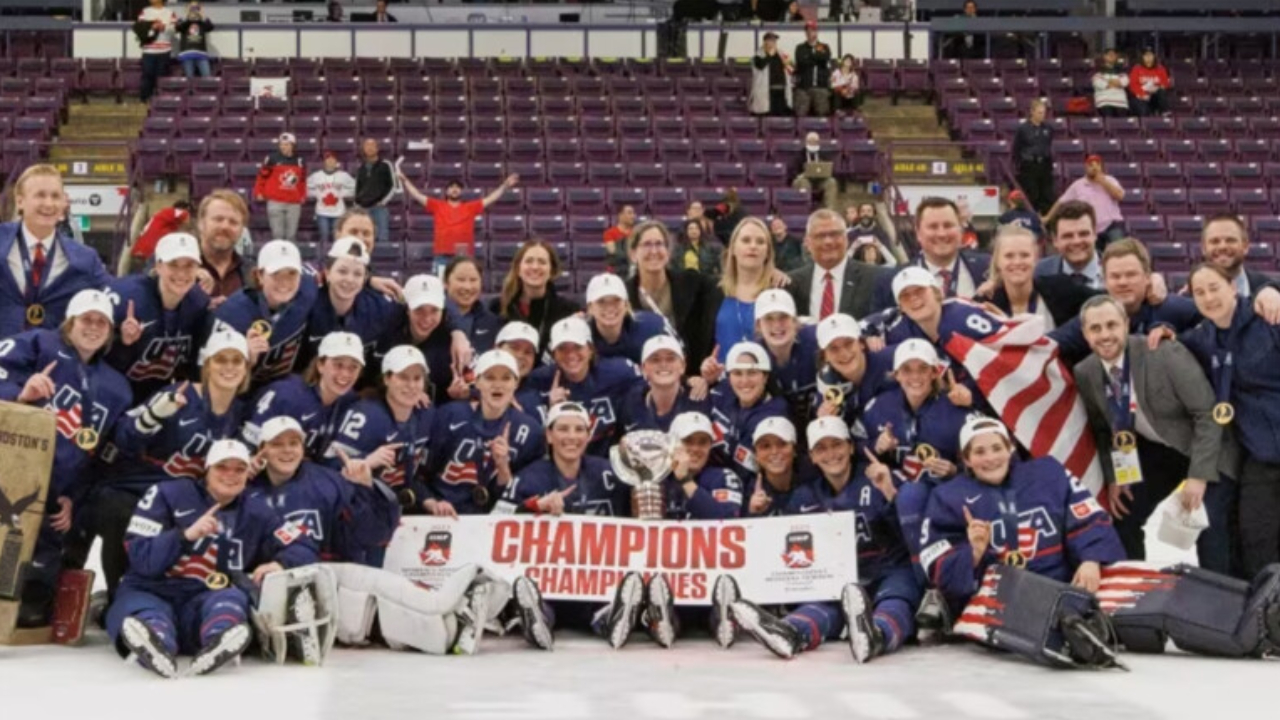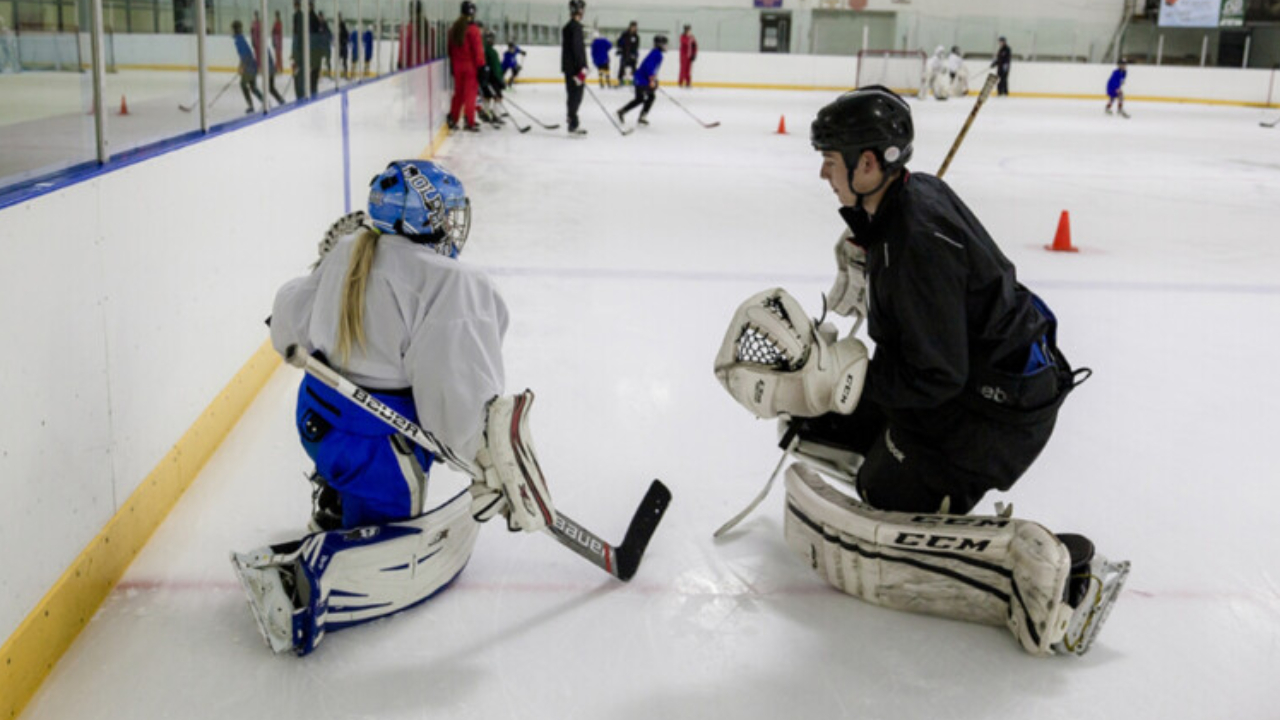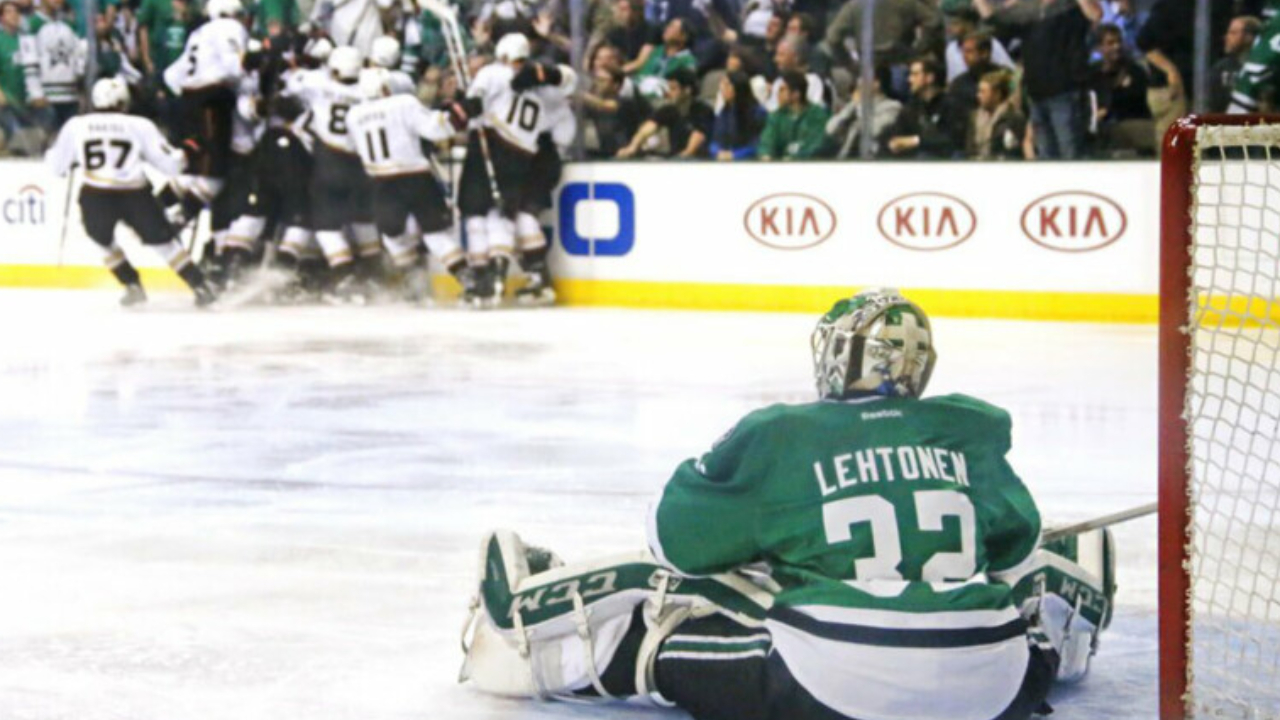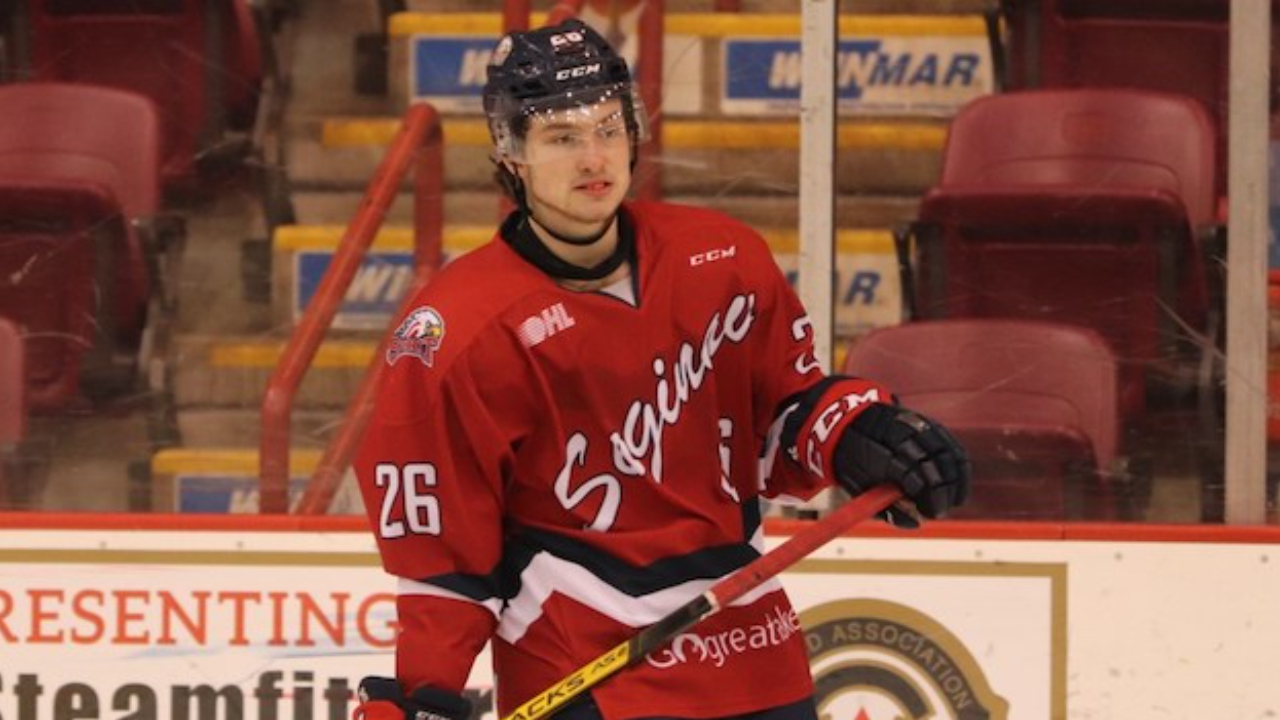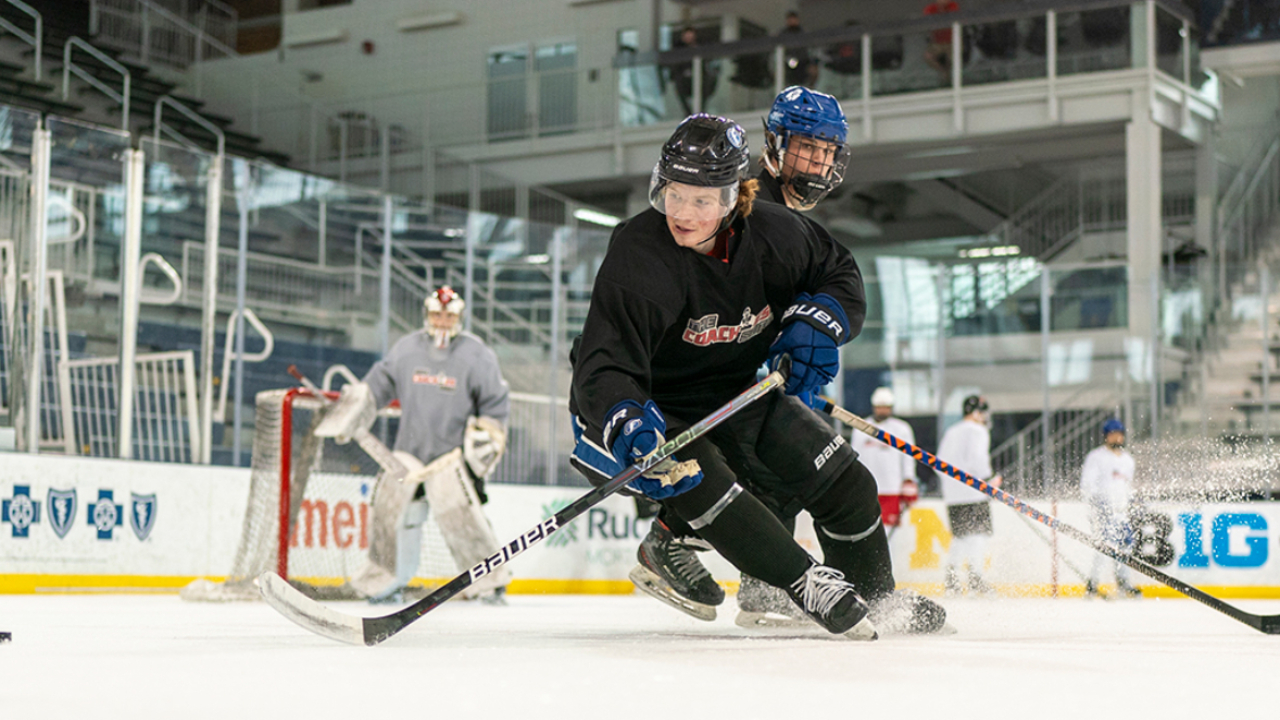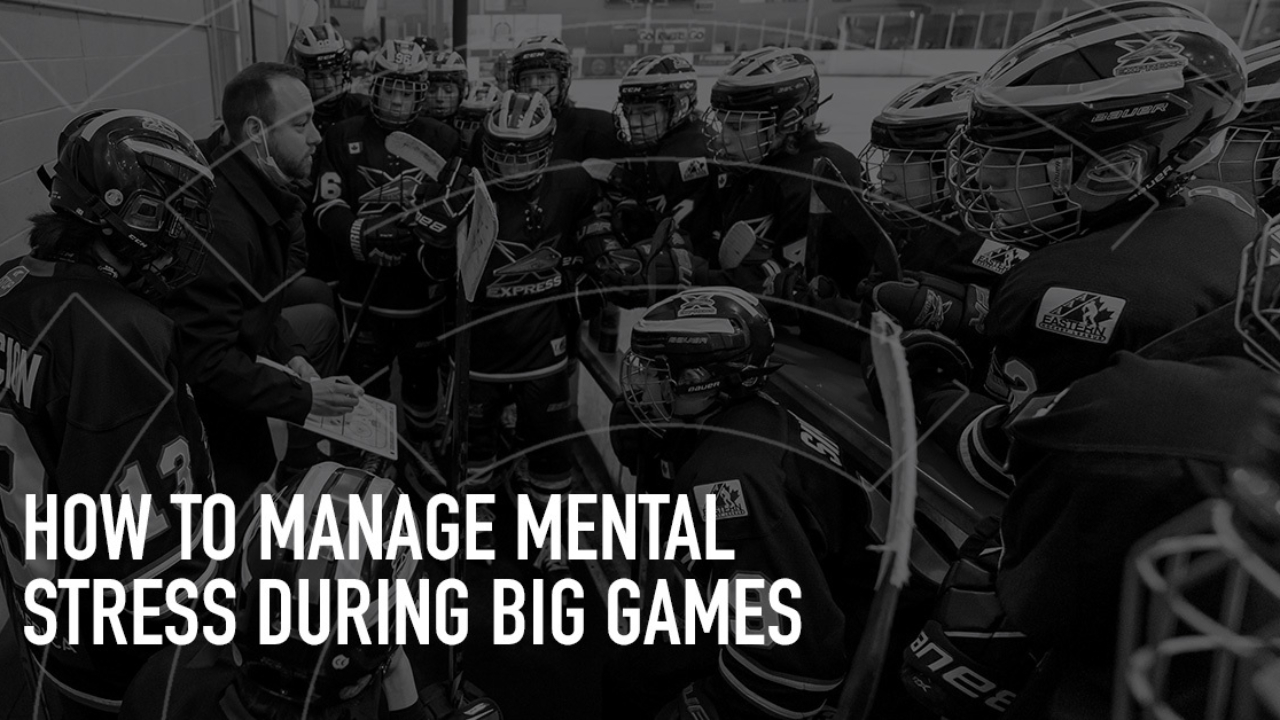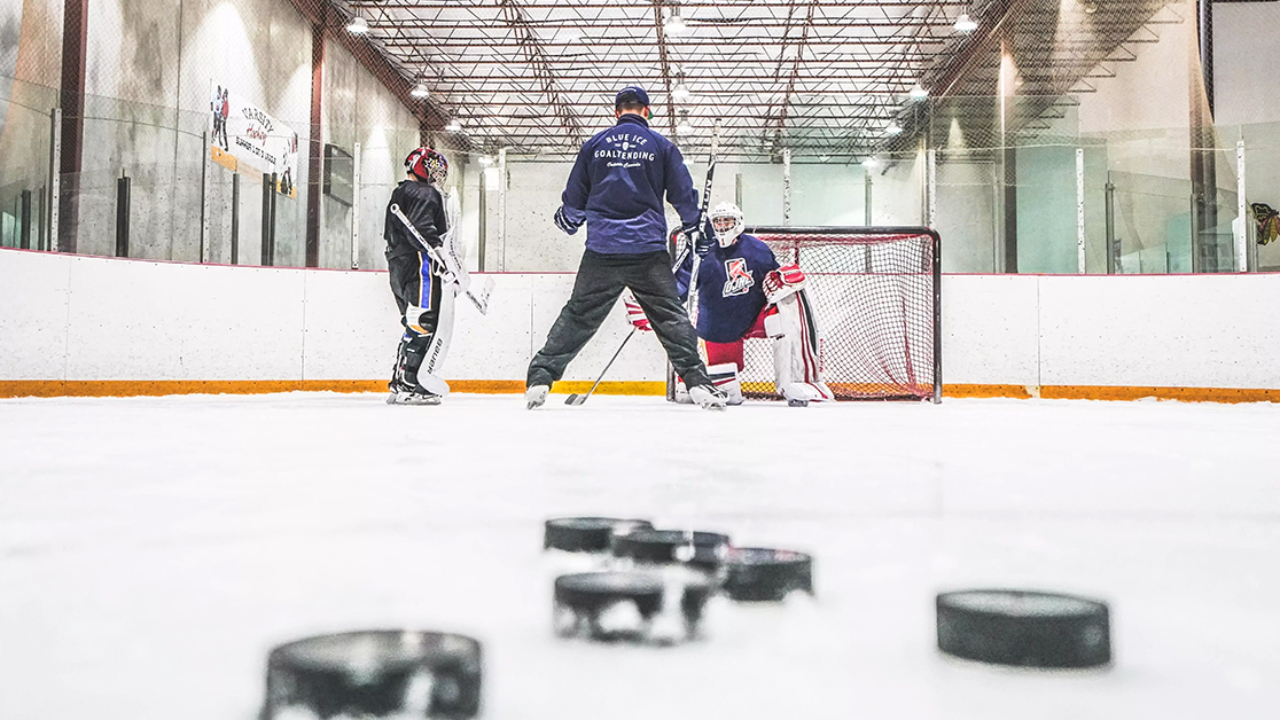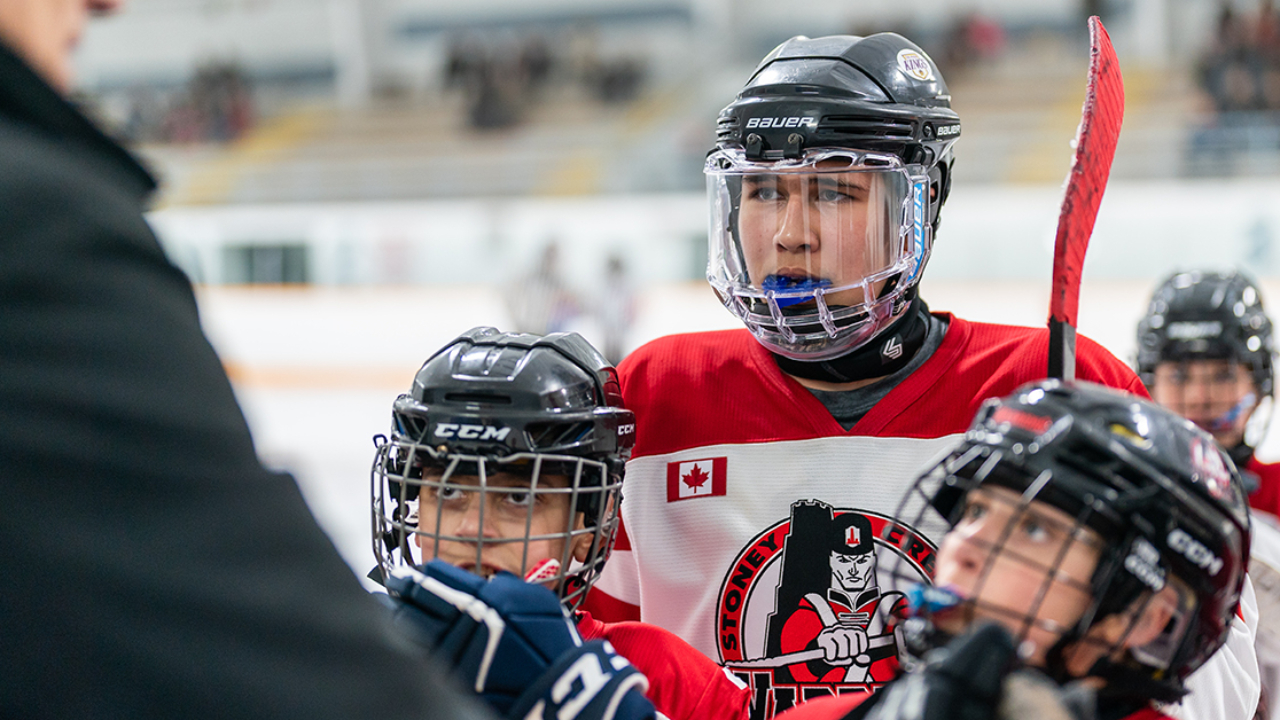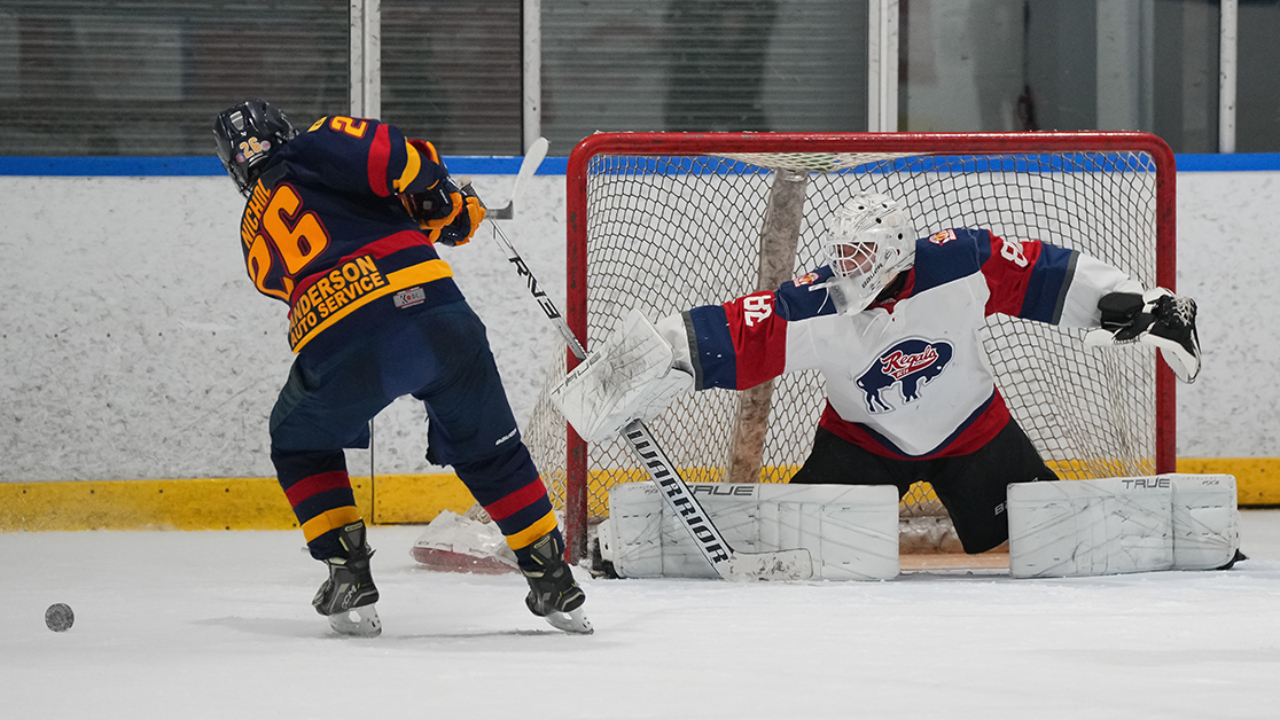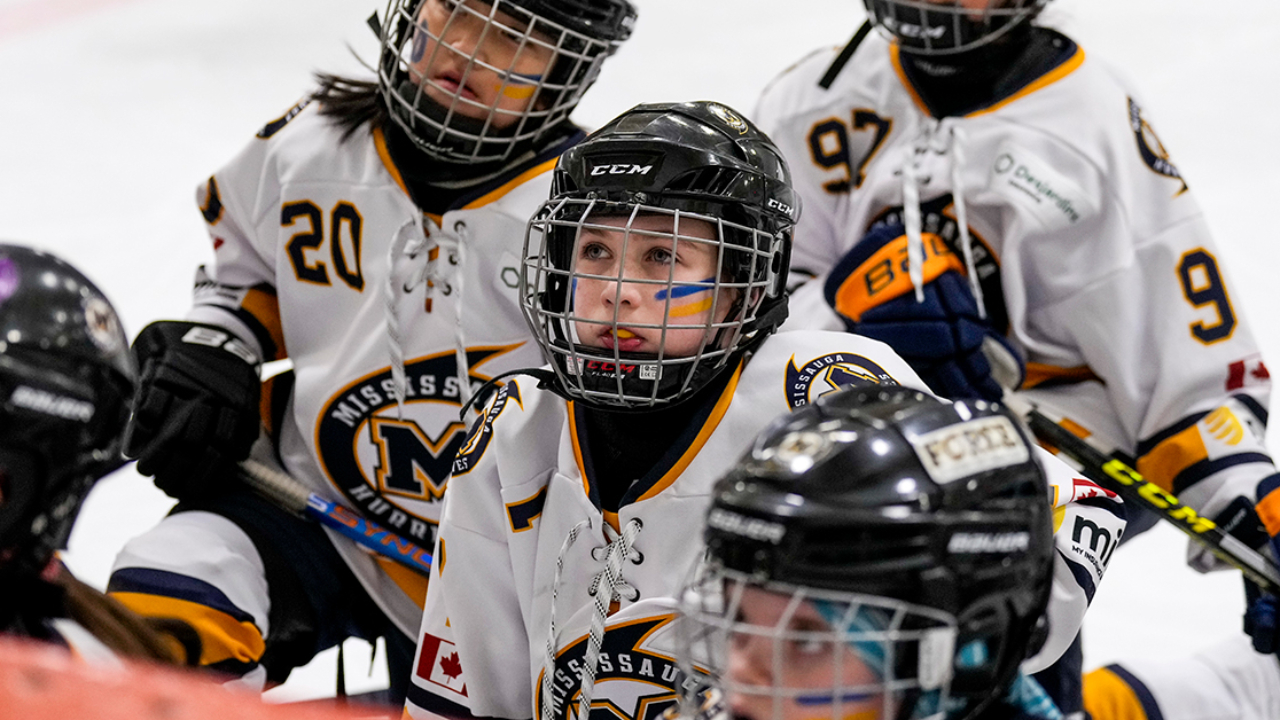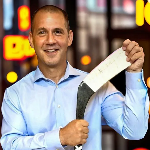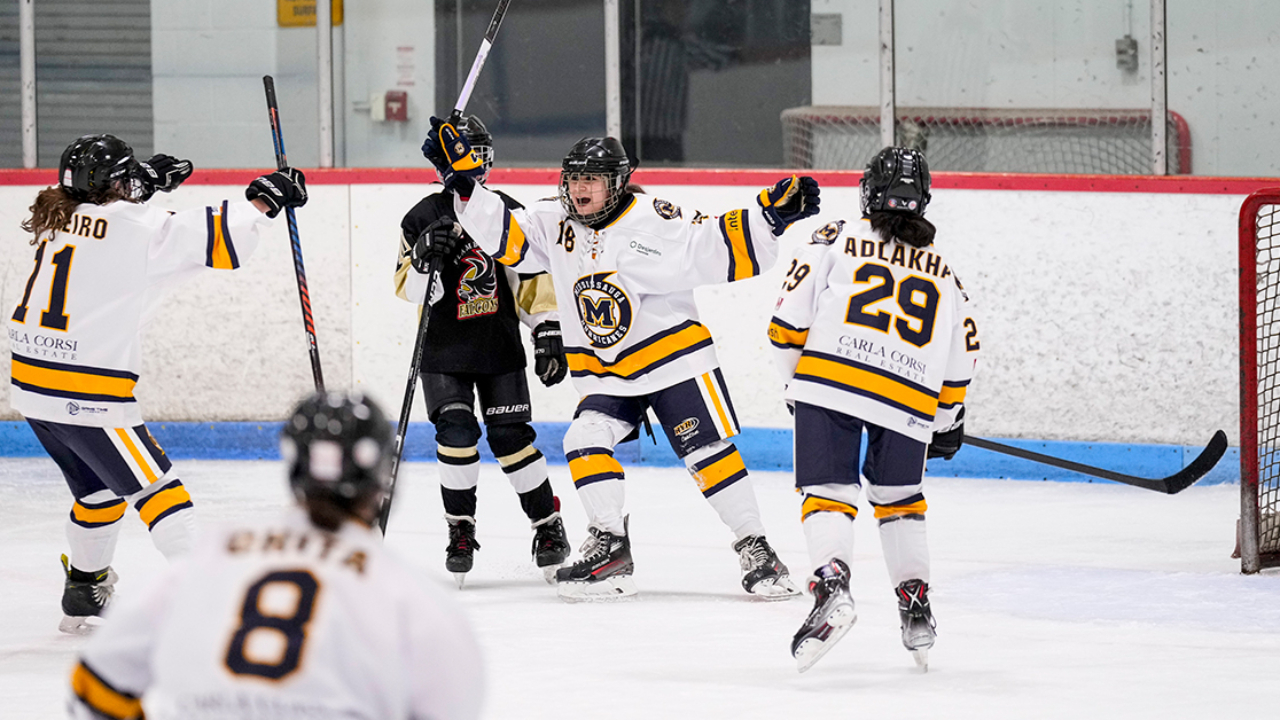
As a youth hockey coach at the Ford Ice Centers, affiliated with the Nashville Predators, I have encountered a recurring concern among parents: their children exhibit confidence during practice sessions, but struggle to maintain it come game time. Confidence, an intangible yet vital aspect of any athlete's performance, is not just about skill - it is about mindset and preparation.
Here are three key strategies to help any hockey player generate and maintain confidence both on and off the ice.
Previous Success
Confidence is often rooted in past successes. For me, this journey began with my decision to challenge myself by participating in the sport of triathlon several years ago. I started with the Sprint distance, progressed to the Olympic Distance, and faced new challenges with my first Half Ironman. But I did not stop there. Driven by the desire to push my limits further, I set my sights on the ultimate challenge: a full Ironman. Enduring months of grueling training and overcoming setbacks, I was able to complete a race which once seemed impossible. How did I do it? I was fueled by the confidence built upon every previous success.
Each race and experience created a foundation upon which I continued to build my confidence. From conquering the Sprint distance to crossing the finish line of the Ironman, I learned how to generate self-belief. So, as a hockey player, whether it is executing a flawless play, scoring a goal, or making a crucial save, these experiences serve as the foundation for future confidence. However, it is essential to actively collect these experiences by continually pushing yourself outside your comfort zone. The more diverse your experiences, the broader your pool of confidence to draw from when faced with challenges.
Exercise: Take a moment to reflect on specific instances from your last game or practice where you felt confident. What factors contributed to that confidence, and how can you replicate those experiences in future games?
Planning and Preparation
As my triathlon journey progressed, each race not only tested my physical endurance but also required meticulous preparation in three key disciplines: swimming, cycling, and running. Countless hours were spent in the pool or open water, on the bike, and pounding the pavement became routine. The process became familiar and almost second nature. I meticulously planned my workouts, focusing on specific aspects of each discipline to improve my performance. Whether it was refining my swimming technique, mastering efficient bike position, or building endurance on the run, every session brought me one step closer to my goals. As the weeks passed, the once daunting tasks of swimming, biking, and running long distances became ingrained in my routine. I felt prepared. I felt ready.
Confidence is not merely a byproduct of talent, rather it is a result of diligent planning and preparation. Hard work breeds familiarity, and familiarity breeds confidence. Hockey players must approach each practice session with the same sense of purpose, focusing on areas of improvement and honing their skills. By setting clear goals and consistently putting in the effort to achieve them, players can build a solid foundation of confidence that carries over into game situations.
Exercise: What steps can you take right now to enhance your planning and preparation for upcoming games or practices? Consider aspects such as physical conditioning, skill development, and mental preparation.
A Positive Self-Image
Embracing my identity as a triathlete was immensely rewarding. It was difficult at first, since I identified as a long-distance runner for many years, but once I made the pivot - everything changed. It sharpened my focus and gave me a newfound sense of identity and purpose. Similarly, in hockey, defining oneself as a player with specific skills and strengths can greatly enhance confidence on and off the ice.
Your thoughts and beliefs about yourself profoundly influence your confidence levels. Dr. Saul Miller, my mentor and a respected authority in sport psychology, emphasizes the importance of cultivating a positive self-image. One effective technique Dr. Miller recommends is to practice daily affirmations such as looking in the mirror and repeating statements like "I am a good hockey player" or "I have the head, heart, hands, and wheels." Over time, these affirmations can help reframe negative self-talk and instill a more positive mindset.
Exercise: Create a list of 5-7 affirmations tailored to your specific strengths and areas for improvement. Repeat these affirmations daily to reinforce positive self-beliefs and combat self-doubt.
Final Thoughts
Confidence is not something that magically appears overnight. Instead, it is a skill that requires time, effort, and intentionality to develop and maintain. By leveraging past successes, committing to diligent planning and preparation, and cultivating a positive self-image, any hockey player can build a solid foundation of confidence that empowers them both on and off the ice. Remember, confidence is not just a trait - it is a mindset that can be nurtured and strengthened with practice and persistence.

